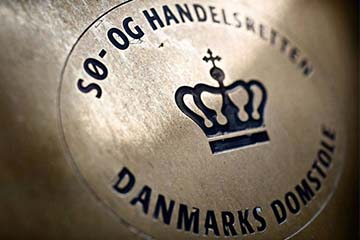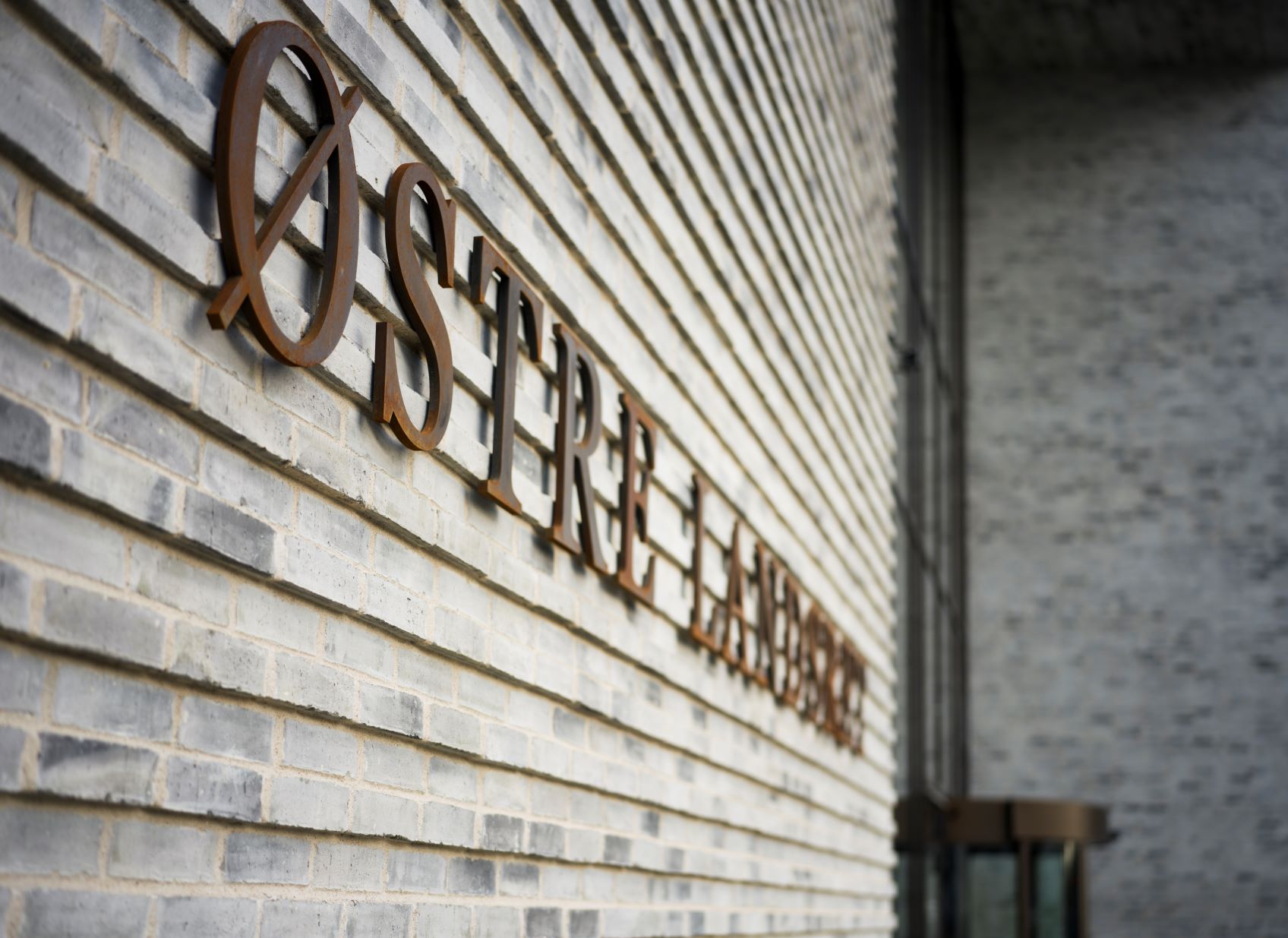Brexit: Patents and protection certificates
The UK has voted to leave the EU - the so-called Brexit. This will affect the holders of pa-tents and supplementary protection certificates.
The exact consequences of Brexit are not know at present. Among other factors, it will depend on the agreements concluded by the EU and the UK.
Brexit makes it relevant to keep an eye on the following:
- European patents granted by the European Patent Office (EP patents) will not be affected by Brexit. EP patents have always been subject to a distinct system separate from the EU. Accordingly, EP patents may still be granted with effect for the UK.
- UK patent legislation, including the rules on infringement and validity, will probably be more or less the same as now, as patent legislation in Europe is only tied to EU legislation to a limited extent. However, changes may occur with respect to biotech patents such as patents for genetic material etc.
- Today, supplementary protection certificates are issued on the basis of EU regulations. If the UK withdraws from the EU, UK legislation/agreements with the EU will in future decide the extent to which such certificates may be issued in the UK. A solution will presumably be found so that the protection period for existing rights will not be abbreviated.
- As the current legislation covering marketing authorisations for medicinal products is extensively based on EU legislation, withdrawal from the EU may mean that in future other rules will apply to the approval of medicinal products in the UK.
- It will probably not be possible for the Unified Patent Court (UPC) to enter into force without ratification by the UK, as it has to be ratified by the three Member States in which the greatest number of EP patents apply. However, it is hardly likely that the UK will ratify the agreement now, as the Court of Justice of the European Union held in 2011 that the UPC Agreement would be contrary to EU law if ratified by non-EU countries. It means that it is probable that the UPC Agreement cannot enter into force until it has been amended. Not least because it is laid down in the agreement that a section of the central division is to have its seat in London. Accordingly, it is not realistic that it will be possible to adhere to the existing timetable for the Unified Patent Court to start up in early 2017.
Plesner keeps track of developments
Plesner will monitor the situation and provide updates as issues are settled.Brexit will not be implemented right away and we expect that a solution will be found that ensures that businesses can maintain their present marketing authorisations and supplementary protection certificates in the UK. However, Danish businesses having interests in the UK should in the near future assess their IP portfolios so that they may establish a strategy for the protection of these rights when Brexit is implemented.
Read more about the consequences of Brexit for Danish businesses in this article from the Danish newspaper Berlingske (in Danish)
"Tre skarpe: Sådan kommer Brexit til at presse de danske virksomheder"







